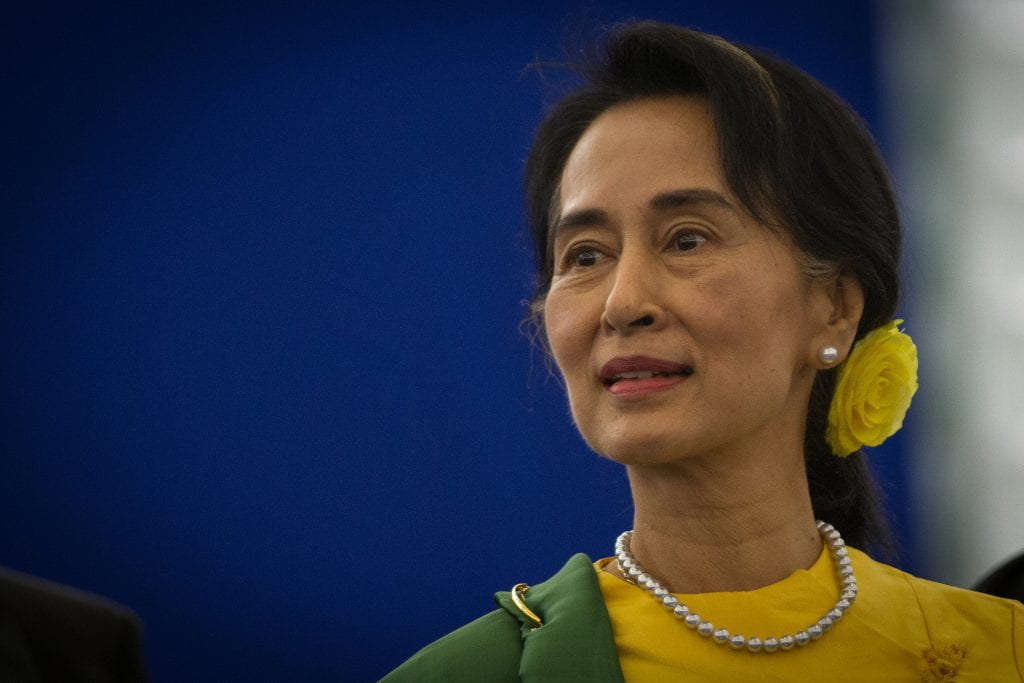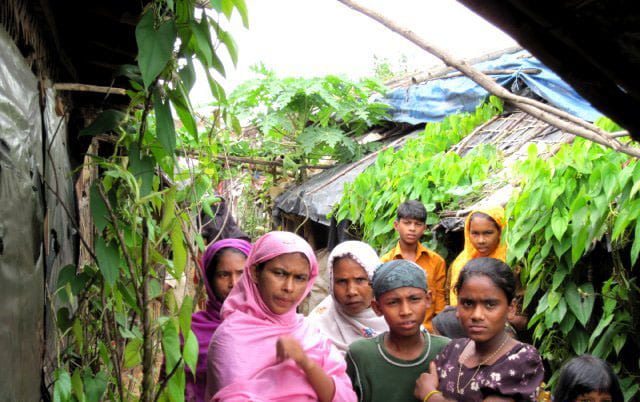
We see you. More specifically, I see you. I see you and I understand your fear. Your fear, though, is not of our ascent and overthrow of your supremacy. Your fear is that we–those for whom you believe yourself superior in gender, race, ability, intelligence and religion, but equal to under the law—will treat you as you have treated us. This is your actual fear.
For so long, you have hidden behind your power to give and take at will and random, without accountability. You believed might and standing would continually protect you as you abused, assaulted, and harassed us behind closed doors, in elevators, at parties, or in cars. You assumed your strength would guard against numbers because silence remained your closest companion until it revealed you. Now, silence is your betrayer and light is shining into the darkness. With light comes freedom.
However, not for you.
Finally, thanks to the unfaithfulness of silence, the light that comes with freedom will change you, as the nullifications of uneasy interactions, creepy glances, and videotaped confessions that “boys being boys” and “locker room talk” conclude what we have known all along: you are an insecure predator.
You always have been.
For centuries, you employed power to mask your insecurity while building empires and corporations upon the backs of those “under your feet and purview”. You made rules and assured yourself they did not apply to you. The rules are changing, and you are afraid. You shudder at the possibility of the enforcement of an unjust law you created, applying to you. You are fearful that you will rot in jail for a crime you may or may not have committed, based upon the verdict of 12 who are not truly your peers because they do not look like, live like, or know what it like to be someone like you. You will know what it is like to tell your side of the story and find yourself defending your participation in and motives about the situation that caused you to end up here. Identified as you truly as a perpetuator of trepidation .
You always have been.
Your taxonomy and modus operandi, whether on the forced labor field of terror, in a Las Vegas hotel room or Charleston church, or behind a “news” desk or podium, remains hiding in plain sight because the condition of many is blind submission. The conditioning served us well too, for a while. However, now we are woke. Eyes wide open and aware of the insidiousness of your nature. This scares you, so you label us a threat because we discarded the previously employed labels you doled out. Threat, in your mind, encompasses all manner of challenges you have not experienced during your time in authority. We are a threat to your domination, to your supremacy and privilege. This is what frightens you. The poisonous fruit you provided opened our eyes to the facts about who you are and what we have known all along: you are an idol worshipper.
You have believed the lies told to you and by you for so long, that in many ways, the facts cannot penetrate the walls around your heart and mind. You contrive revisionist history as a method to mask the brutal reality of your ancestors, unwilling to yield to handwritten letters, photographic and videotaped evidence that counter your claims, and absurdly ask us to disbelieve what we see what our eyes, hear with our ears, and experience over time. The words you employ are not for freedom of expression but an expression of your hate, leaving us to wonder if you know how to express yourself in a manner to prove your point without resorting to vileness. You are not out to institute unification, rather everything about you proceeds from an inner core of division. You are in an identity crisis.
You always have been.
Conflicted on one hand about the creation of humanity as made in the image of an unseen God, while on the other, using some as cattle and unpaid laborers, burdened by cherry-picked scriptures applied to build a theology of exclusion. You claim to seek the facts through the reading of words written in years past but systematically avoid anything that may shatter the illusion of grandeur created in the ivory towers which redlining amassed. You proclaim belief in gender equality, except when it comes to leadership, reproduction, sexual experience, and wages. You defend colonization and imperialism due to a misapplied belief that those demonized and dehumanized are ignorant and incapable of civilization; however, pyramids, irrigation systems, and social order existed before the feet of your ancestors stepped on this, and that land. You balk at peaceful solutions and challenges to your authority by responding with insults and name-calling as though life and death are games played in a schoolyard. Even when you are wrong, you are uncompromised in your steadfastness to show your superiority, while marketing yourself as a humble follower of God. You want to be a mirror without looking in one.
I see you.
We see you.
We know the facts.
The fact is, change has arrived. For we, too, are America.
Additional readings:



